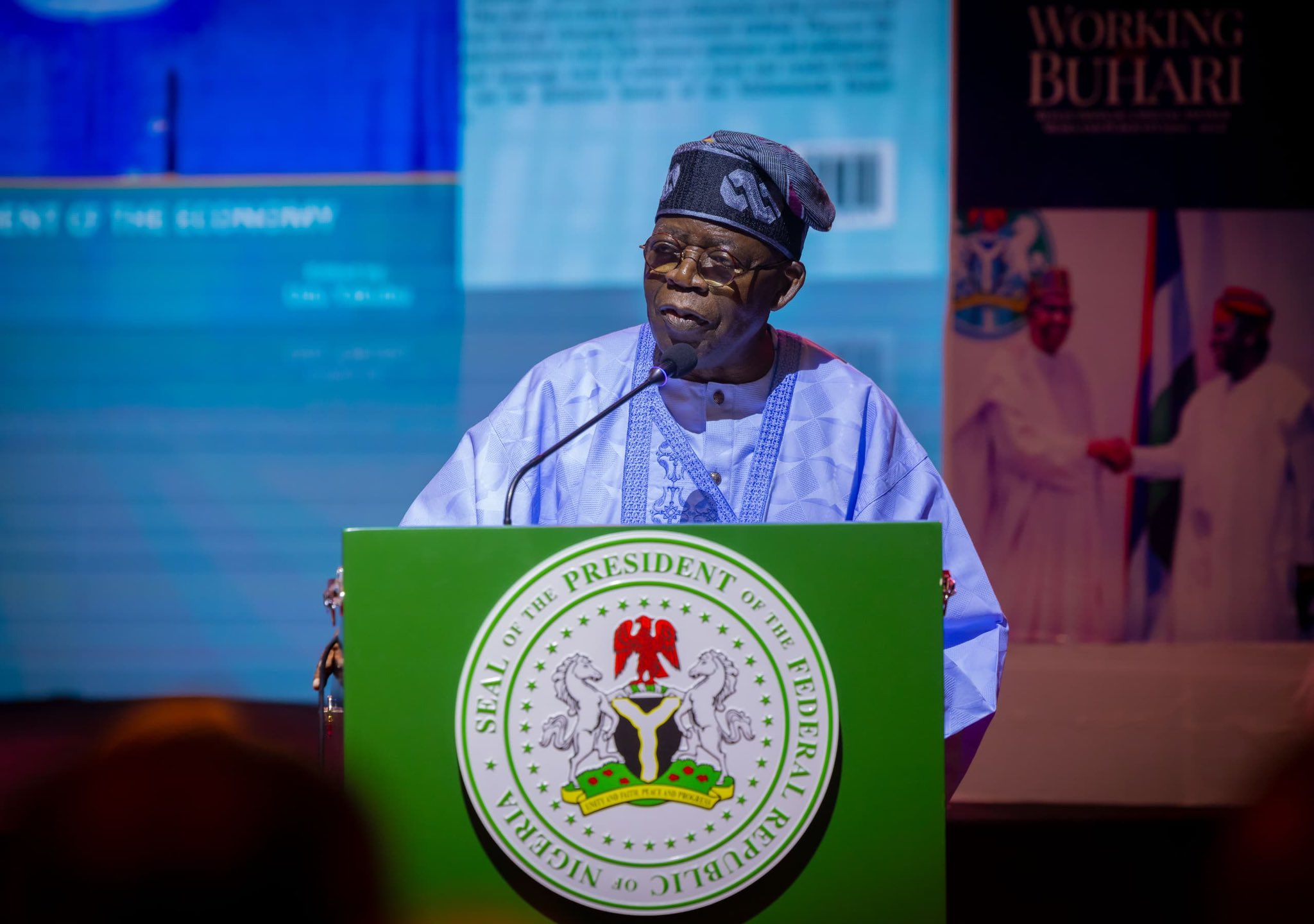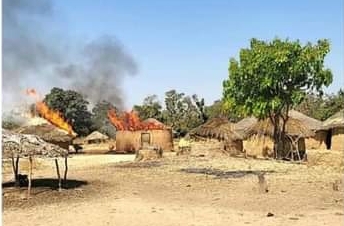BY SARAFA IBRAHIM
There have been a lot of commentaries on the content of a white paper report on chieftaincy matters released by the Osun state government on Thursday. Some are honest assessments of the findings and recommendations in the report while the other parts are deliberate misinformation in an attempt to mislead the public.
I am sure you have read some of these positions and maybe, added your voice to the debate. Of particular interest is the path of dishonesty that supporters of the Osun state chapter of the All Progressives Congress (APC) took on the issue, making outlandish conclusions on the basis of the white paper report. Moving from one social media platform to the other, they irresponsibly fly narratives that are so much at variance with the truth and logic.
And to show this, let me cast your mind back to how it all started. Following the outcome of the July 16 governorship election, Gboyega Oyetola tried to lay landmines for the incoming administration by making decisions that were controversial and disruptive. At the heart of it was rushing the process for the installation of traditional rulers, disregarding norms, traditions, rule of law, and guidelines in the process.
Advertisement
That development sparked criticisms, and places like Igbajo, Iree, and Ikirun degenerated into a full-blown crisis that disrupted peace and stability. It was so bad that a life was lost to the crisis that erupted in Ikirun while buildings including the palace were destroyed alongside properties worth several millions of naira.
That was the situation that Governor Ademola Adeleke inherited and needed to be fixed. To do this, Governor Adeleke issued an executive order to suspend the controversial decisions and went ahead to set up a panel to look into the Obaship issues in affected towns. This was to restore peace and stability in the affected towns by showing all parties genuine interest of the government to hear them and to save the traditional institution from disrepute, which the error of the past portended.
In short, it was a step in the right direction, and this explains the acceptance of all stakeholders in the affected towns to it. It is worth pointing out that memoranda and papers were received by relevant stakeholders in the affected towns as well as their chieftaincy laws to come up with the resolutions in the white paper.
Advertisement
In the case of Ikirun, the white paper report observed through the Chieftaincy Declaration of 1957 that Adedeji, Gboleru, and Oba-Ara ruling houses are the legally recognised houses to produce the Akirun. Going by the rotation principle, the Gboleru ruling house should produce the next Akirun as it is next to the Adedeji ruling house that produced the last occupant.
Not minding this clear-cut scenario, the white paper report impressed on the State Government to tarry a bit for the litigations on the matter to be concluded, which at the moment is at the Appeal Court, before taking any action. In essence, the Adeleke administration is simply observant of due process and the law contrary to the erroneous claim of the opposition elements.
For the Iree stool, the situation is somehow complex. This is because a judgment of the Osun State High Court in Ikirun had set aside a 1957 Aree Chieftaincy Declaration and threw the contest for the stool open to four ruling houses: Oyekun, Olubonku, Iyahola, and Oyetite, leaving out two ruling houses; Ojo Ayagaga and Larooye. Adding to this crisis was the decision of the last administration to appoint Warrant Kingmakers to perform the duty of regular Kingmakers, which led to the institution of a suit against the State Government by the Kingmakers. To resolve the crisis, the white paper report recommends that the government “encourage the Kingmakers to withdraw their suit from court. For enduring peace, government should encourage the community to fashion out a workable and acceptable Chieftaincy Declaration as that of 1957 has been set aside.”
On the Igbajo Obaship crisis, the white paper report acknowledged the Igbajo Chieftaincy Declaration of 1957, which recognized Owa Oke-Ode and Owa Odo-Iloro as the two ruling houses to produce the Owa of Igbajo. Although, it was the turn of the Owa Oke-Ode to produce the next Owa of Igbajo, the flaw in the process that produced Prince Adegboyega Famodun was the denial of a fair hearing and participation of other contestants in the selection process by the headship of the family and Kingmakers.
Advertisement
That was against natural justice and fairness and so, the right thing to do is to initiate a fresh process that would accommodate all eligible contestants and ensure that the Oba-elect emerges through a fair and transparent process. This is what the Adeleke administration is trying to do as against the mischievous insinuation being canvassed by opposition elements. In fact, Prince Famodun just like other princes from the next ruling houses is free to participate in the fresh process.
From an insider perspective, Governor Adeleke was really thorough in the handling of the chieftaincy issue. Rather than rushing to act, he ensured an exhaustive process governed rigidly by due process and equitable treatment for all affected stakeholders. Throughout the white paper report, emphasis was placed on compliance with legal norms and public expectations. There was no hidden agenda or political tone except to ensure compliance with customs, tradition, and legal requirements.
The richness of the white paper accounts for its wide acceptability in the affected communities. The State Government has not imposed any King nor removed any. Rather, it has deployed due process as a weapon to correct the errors committed by the previous government. Governor Adeleke is a reformer, a leader clearing the mess inherited. Or how do you describe a King being crowned in Government House? Or, the one appointed without the input of Kingmakers?
The present administration is committed to the rule of law and observance of local tradition. The PDP government is that of civility in governance and an administration totally opposed to abusing rights and processes. To this administration, all are equal before the law. The rich and the poor in the Kingship race just as the politically connected must be subjected to the laws and traditions of the land.
Advertisement
Sarafa Ibrahim is a special assistant to the Osun state governor on print media
Advertisement
Views expressed by contributors are strictly personal and not of TheCable.






